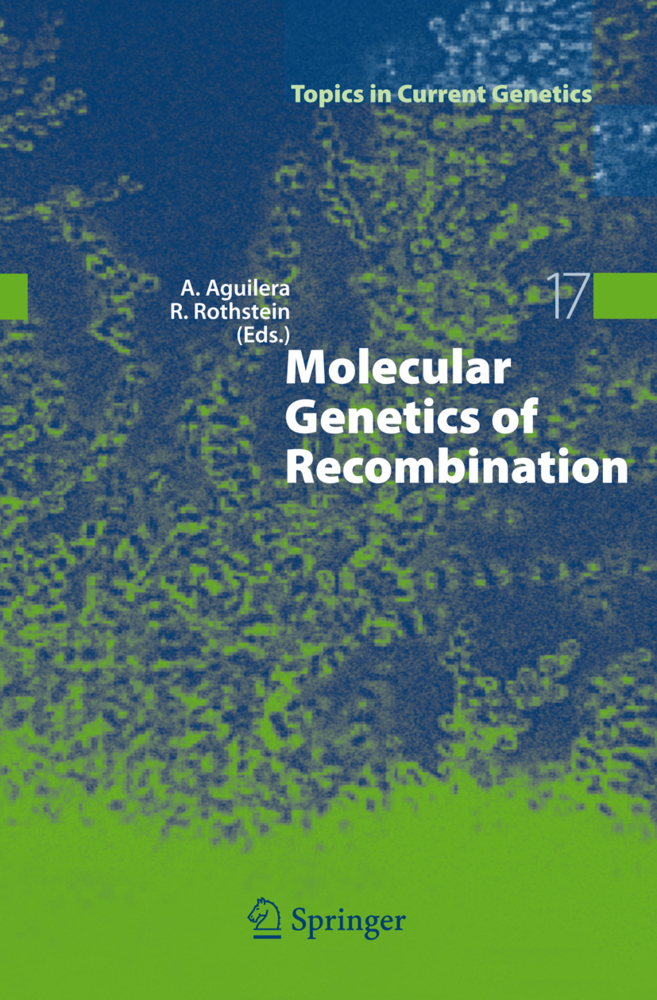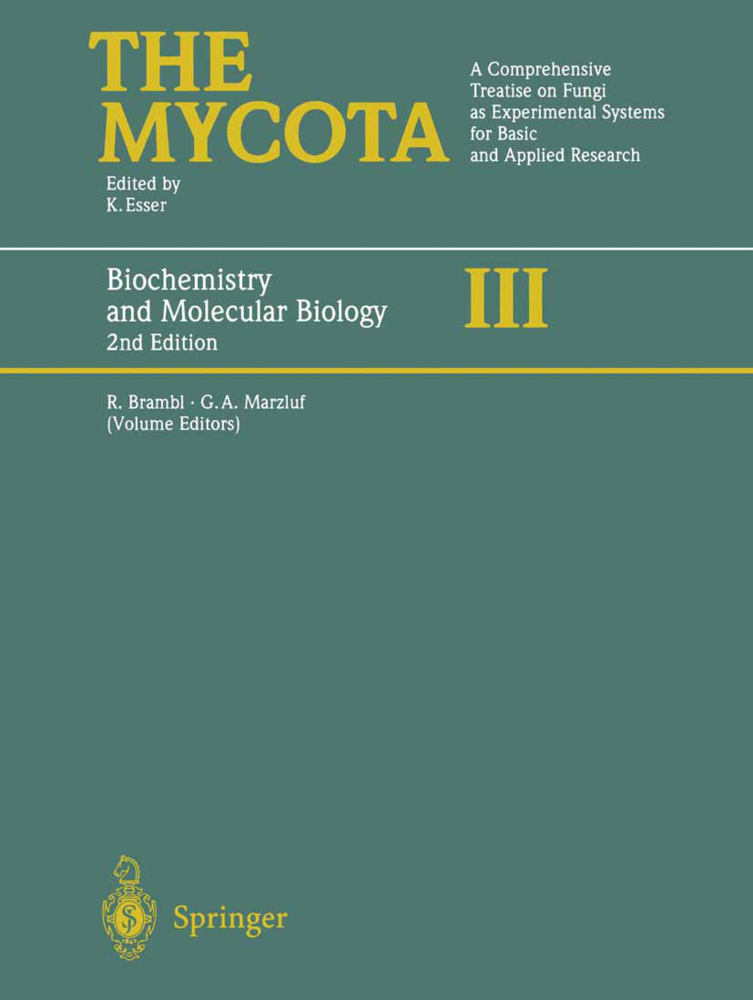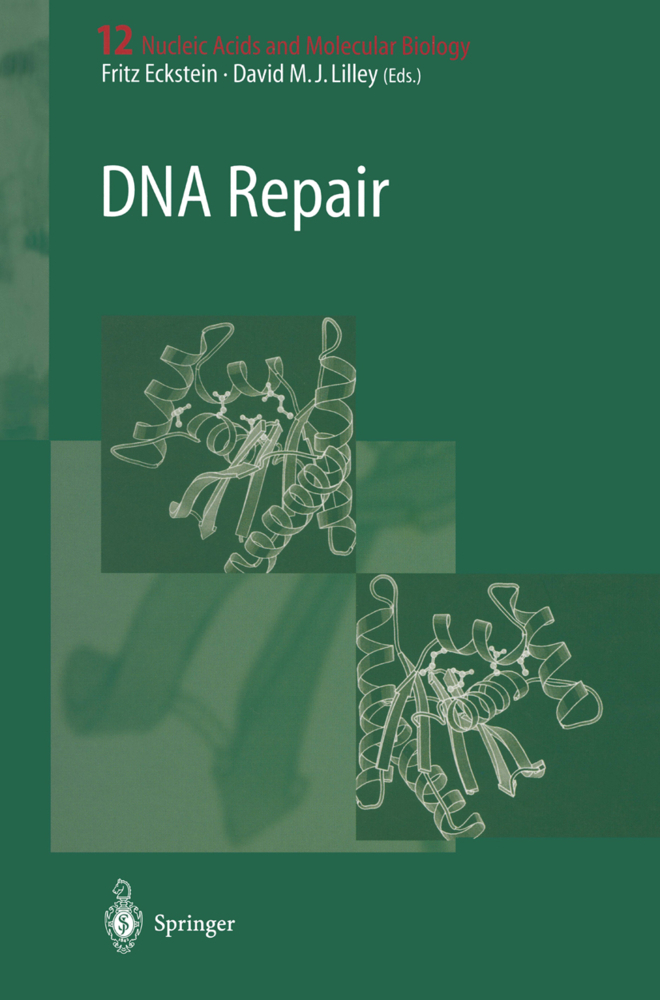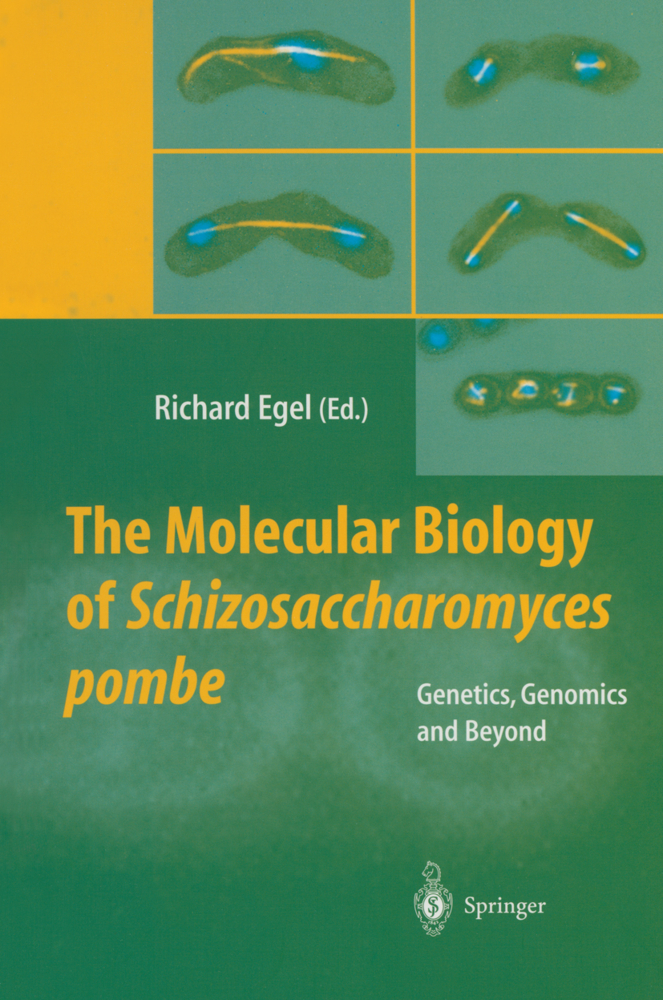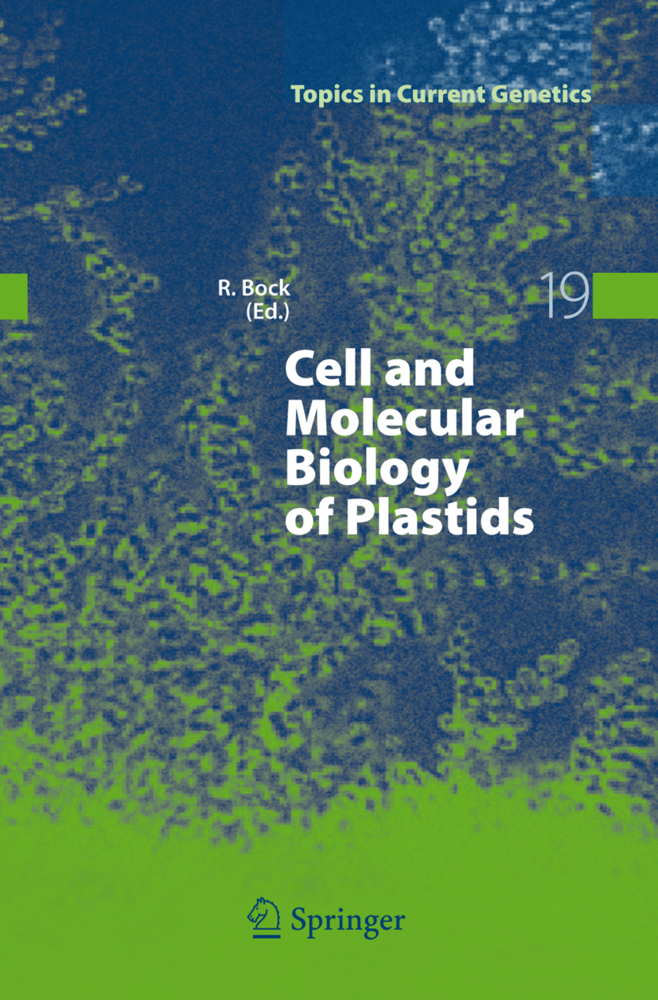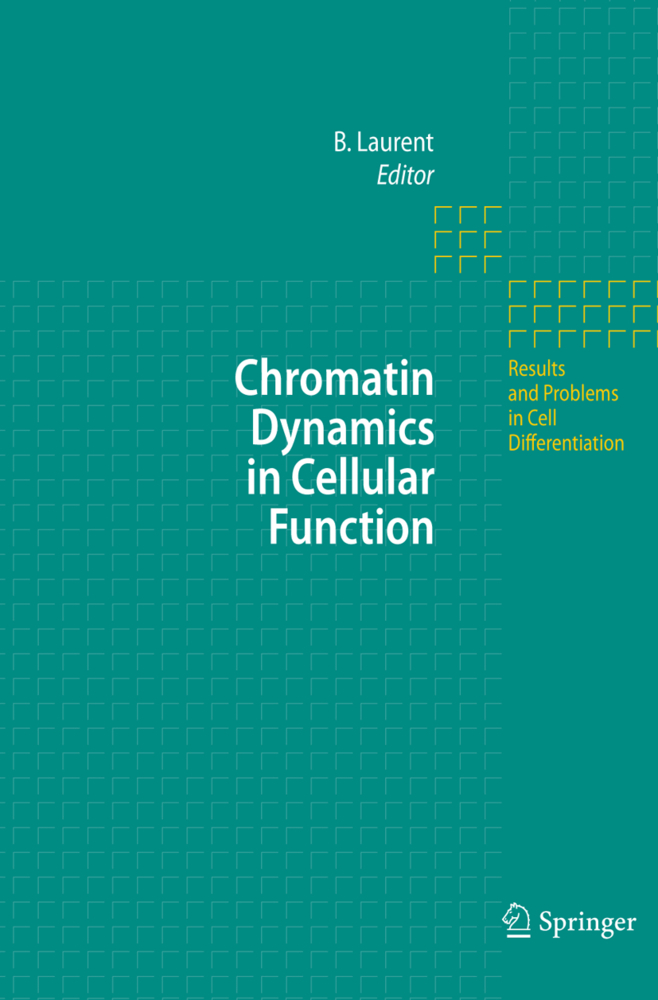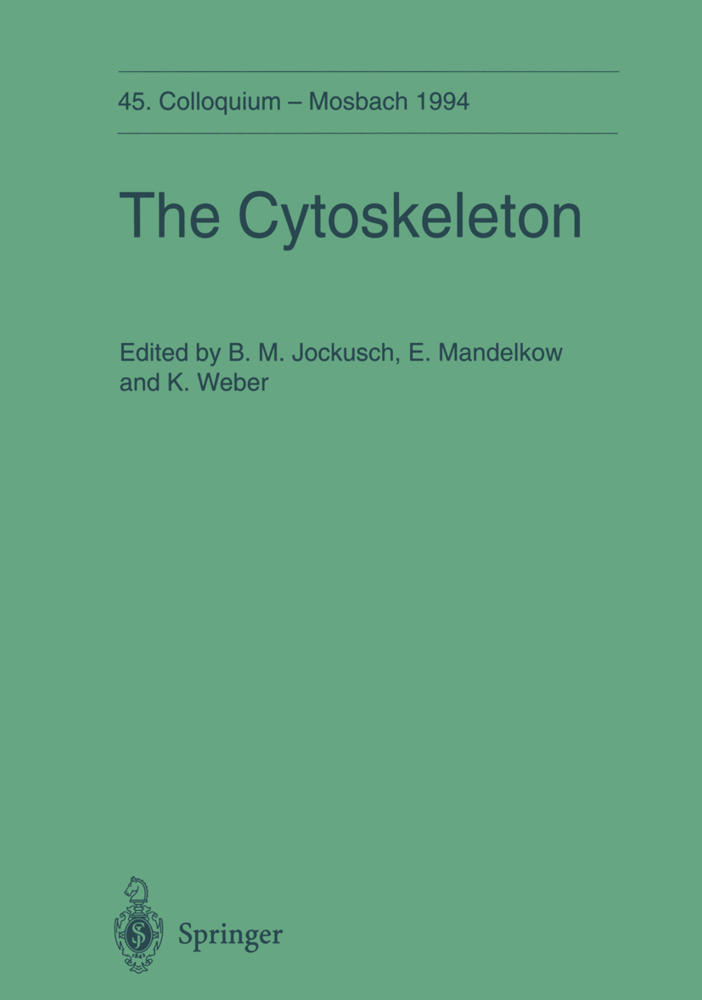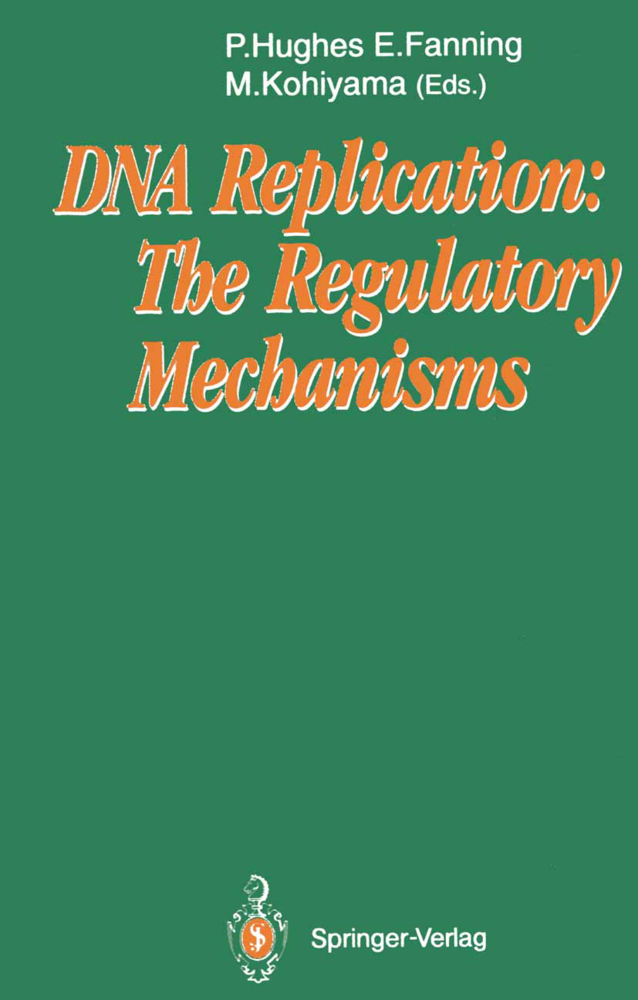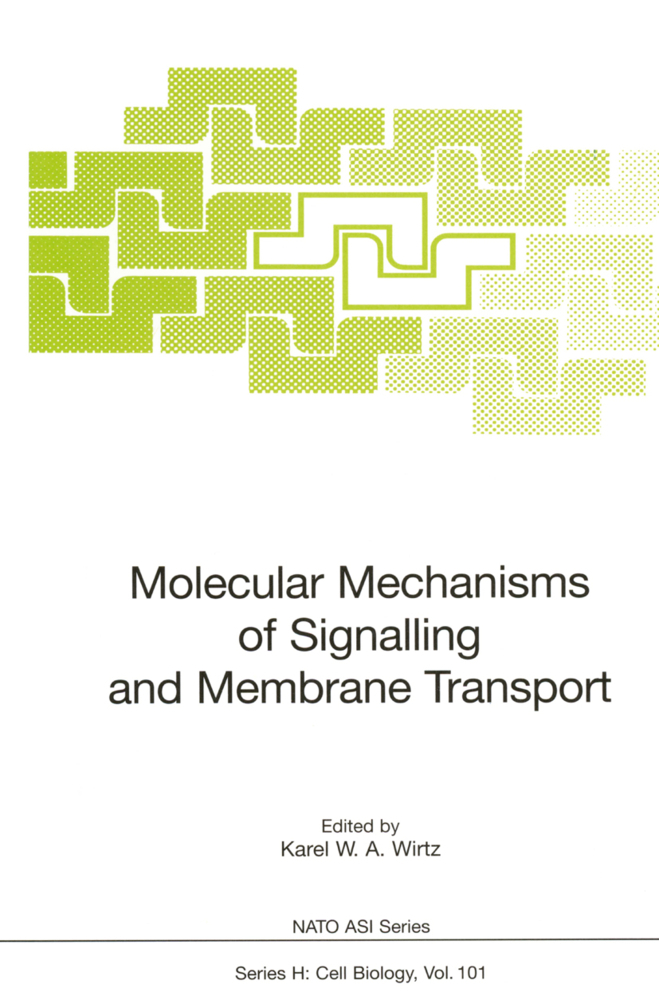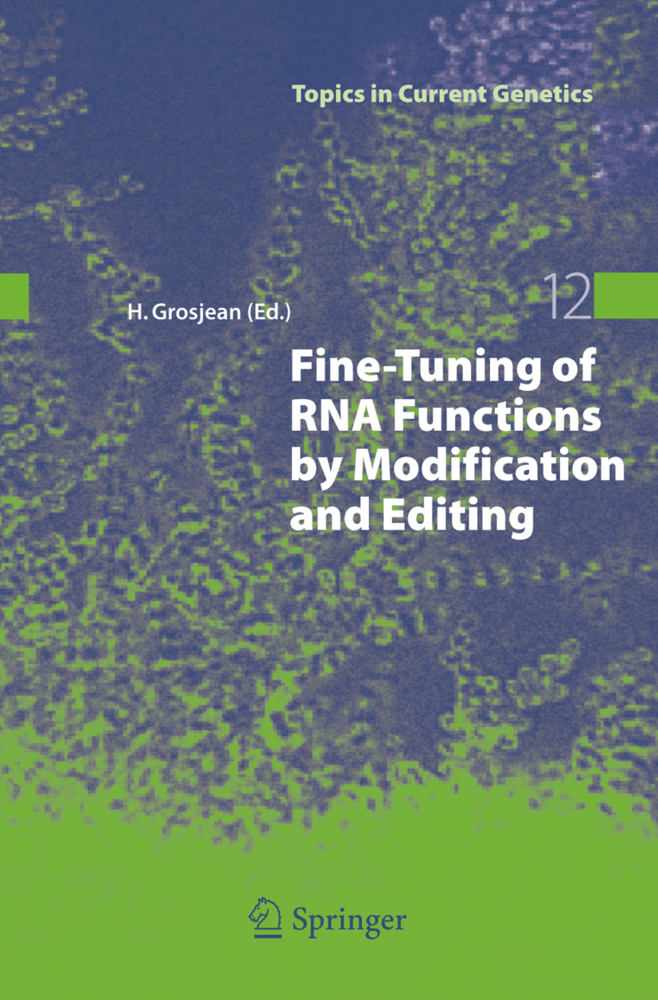Molecular Genetics of Recombination
Molecular Genetics of Recombination
Genetic recombination is an important process involved in shaping the genetic make up of progeny. Increasingly, it has become evident that recombination is a DNA repair pathway crucial during DNA replication in vegetatively growing cells. It plays a critical role in preserving the integrity of the genome by mediating the repair of DNA damage, which can occur during normal cellular metabolism as a result of oxidative stress, transcription, replication fork stalling or breakdown, or after the exposure to DNA damaging agents. Until recently, much of our knowledge on the mechanisms of genetic recombination has come from studies of prokaryotic and simple eukaryotic fungal systems. However, these studies have now been significantly extended to mammals, such that a comparative picture of the general factors and mechanisms of genetic recombination is beginning to emerge. Detailed genetic and biochemical studies have led to the isolation and characterization of many of the recombination-repair proteins in E. coli and S. cerevisiae, which in turn has led to the identification of homologues in human cells. The link between recombination defects and recombination proteins in a number of tumors as well as in human hereditary syndromes makes genetic recombination a cellular process of key importance not only in basic biology but also in biomedical studies.
Genetics of Recombination in the Model Bacterium Escherichia Coli
Homologous Recombination in Low dC + dG Gram-Positive BacteriaThe Bacterial RecA Protein: Structure, Function, and Regulation
Biochemistry of Eukaryotic Homologous Recombination
DNA helicases in recombination
Holliday Junction Resolution
Replication forks and replication checkpoints in repair
Sister chromatid recombination
Mating-Type Switching in S. Pombe
Multiple Mechanisms of Repairing Meganuclease-Induced Double-Strand DNA Breaks in Budding Yeast
The Cell Biology of Mitotic Recombination in Saccharomyces Cerevisiae
The cell biology of homologous recombination
BRCA2: safeguarding the genome through homologous recombination
Meiotic recombination
Site-specific recombination
V(D)J Recombination: Mechanism and Consequences
Nonhomologous End-Joining: Mechanisms, Conservation and Relationship to Illegitimate Recombination
Analytical methods from the perspective of method standardization.
Aguilera, Andrés
Rothstein, Rodney
| ISBN | 978-3-642-09005-9 |
|---|---|
| Artikelnummer | 9783642090059 |
| Medientyp | Buch |
| Copyrightjahr | 2010 |
| Verlag | Springer, Berlin |
| Umfang | XXIV, 524 Seiten |
| Abbildungen | XXIV, 524 p. |
| Sprache | Englisch |

